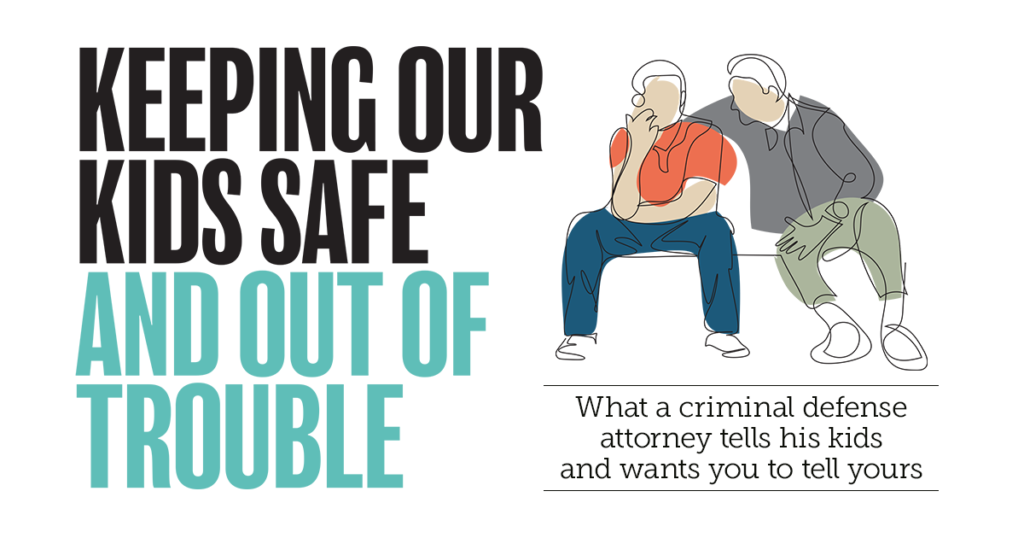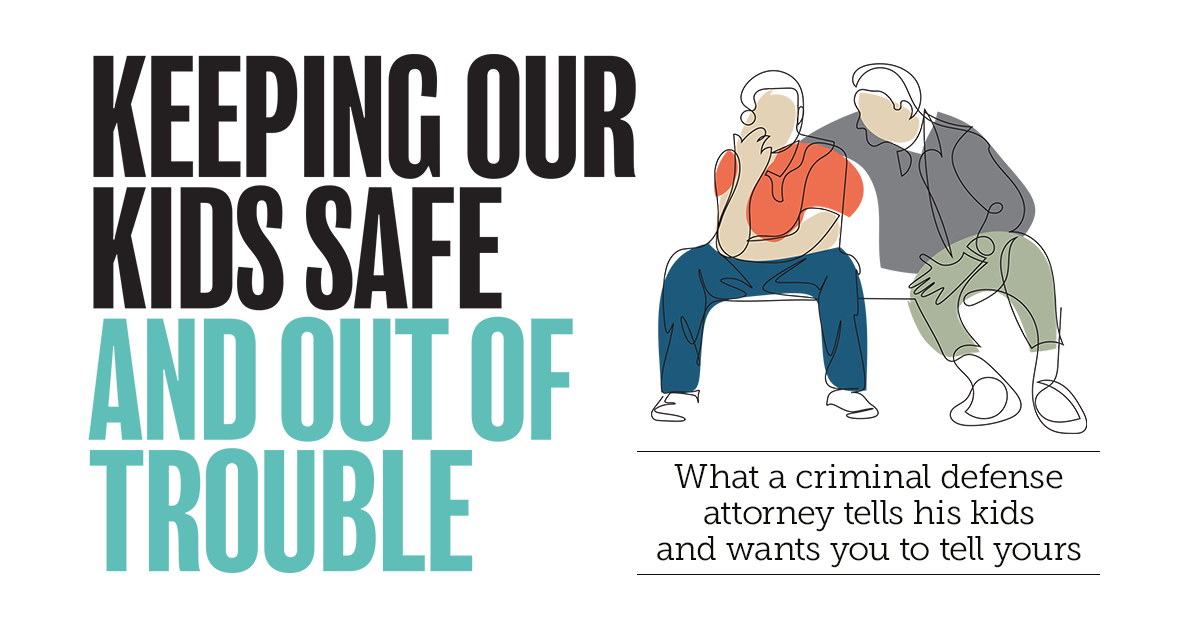Title IX of the Education Amendments Act of 1972 is the law that prevents sex-based discrimination directed at students or faculty in any colleges or universities that accept federal funding. Acts of discrimination include exclusion based on gender, sexual harassment, sexual assault, rape, sexual battery, and sexual coercion.
In this chapter, I’ll talk about Title IX in action, policy changes that you and your teen should know, and how to talk to your teen about Title IX.
Please note: This chapter, like the rest of the chapters in this book, focuses on the circumstances that arise when a student is accused of a bad act. As a defense attorney, I represent a range of clients, including those who are accused of a wide range of Title IX violations, the great majority of them being allegations of lack of affirmative consent. I recognize that Title IX offenses are a complex and sensitive subject, and I recognize that sex offenses on college campuses do exist. The issue of consent comes up in a lot of these cases, which can be challenging and emotionally laden. Before you continue reading, I want to reassure you that I fully believe that it is completely unacceptable for anyone to engage in any sexual interaction without first obtaining affirmative consent from the other party.
The Title IX History
In 1972, the U.S. government enacted the Title IX policy to help curb widespread sex-based discrimination on federally funded campuses. While this was effective at implementing greater access and participation for female athletes in college, many people believed it didn’t go far enough to curtail incidents of discrimination and sexual misconduct.
Unfortunately, in the process of trying to gain more rights for complainants, schools and the government took away the right to due process for the accused. In 2011, the federal government issued a “Dear Colleague” letter to federally funded schools encouraging a reinterpretation of the existing law. Many schools understood that failure to adhere to the new interpretation could result in a loss of federal funding even though this threat was not specifically stated in the letter. So, they complied with the new guidance, even if it was unfair to the accused. Some of the more controversial proposed modifications included:
- Investigation of sexual harassment or assault allegations, even in the absence of formal complaints
- Investigation of sexual harassment or assault allegations, even if police investigated and determined the complaint was unfounded
- Prohibition of mediation, even if the accuser preferred informal resolution
- Requirement of using a lower standard of “preponderance of evidence” for accusation and conviction rather than “clear and convincing evidence.” (This means that the accuser only needs to show that the situation was “more likely than not,” which means that even if the arbitrator is only 51 percent sure that the event happened, the accused could be convicted.)
- Discouragement of permitting cross-examination of the accuser. (This makes it challenging to expose any inconsistencies or falsehoods in the accuser’s story.)
- Requiring “timely” resolution (usually within 60 days) and limited access to evidence pre-hearing. (This makes it challenging for the accused to have adequate resources and time to develop a substantial defense.)
In 2017, after a backlash from students and institutions, the Department of Education withdrew the proposed guidance of the “Dear Colleague” letter. Then, in 2020, a new law went into effect. It reinstated the need for a formal complaint, allowed cross-examination of the accuser; permitted more access and time to review evidence presented by both the accused and the accuser; and disallowed a single entity from acting as an investigator, a prosecutor, and the judge. The statement also clarified that schools were not at risk of losing federal funding for using their own discretion in providing the accused with the right to a fair hearing.
The future of Title IX policy is precarious. During the writing of this book, the new federal administration announced they would seek to rescind many of the Title IX changes enacted during the previous few years, and it looks like there will be new federal regulations issued in 2022. How these amendments will impact future cases, I cannot say at this time. My advice is to do a little research with your teens prior to sending them off to school. The more you know, the better you can help them prepare.

Keeping Our Kids Safe and Out of Trouble
To learn more about Title IX and Sex Offenses, and other issues that parents and teens face click below to purchase my new book Keeping Our Kids Safe and Out of Trouble: What a Criminal Defense Attorney Tells His Kids and Wants You to Tell Yours
